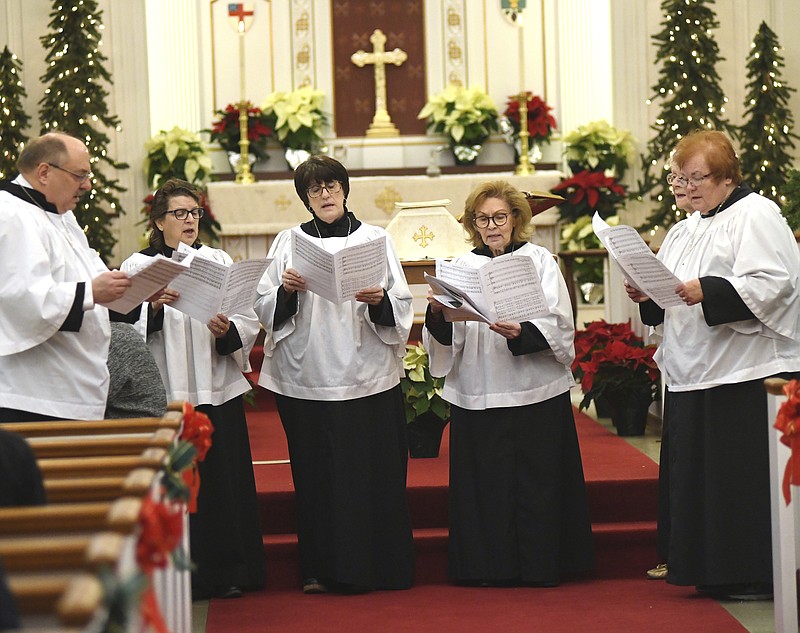EDITOR'S NOTE: This article is part of "Religion: Got questions?," a series answering your biggest religious questions. Each week, we will answer one submitted faith question. To send a submission visit timesfreepress.com/religionquestions or email wmassey@timesfreepress.com.
Question: When are the actual 12 days of Christmas?
Answer: The famous "12 Days of Christmas" song, while catchy, offers little answer to the question of when the 12 days actually occur. In the Catholic, Episcopal and Methodist traditions, the event runs from sundown on Dec. 24 until Jan. 5, the day before the Feast of Epiphany celebrating Jesus being God in human form.
So, technically, the Christmas season in much of the Christian tradition extends well beyond December 25th, giving people almost two more weeks of listening to Christmas music such as the "12 Days."
The first references to the song go back as far as 1780. However, despite the rumors, the song was not a way to teach children theology during times of Catholic oppression. Instead, it was part of a game for people to recite together during the days-long celebration. Many of the traditions surrounding the 12 days in winter are no longer celebrated, said Chris Marchand, an Illinois-based pastor and author of "Celebrating The 12 Days of Christmas: A Guide for Churches and Families."
Hundreds of years ago, people celebrating Christmas would wait until Christmas Day to really begin the festivities, Marchand said. The time of Advent before the holiday would be more docile than today and few traditional Christmas songs would be sung. Instead, the 12 days between Dec. 25 and Jan. 5 would be a time of celebrating, relaxing and reflecting on the holiday.
READ MORE: Who was St. Nicholas and how did he become Santa Claus?
"We live in a different society where we're all working our jobs and we don't really need those long times off, not quite like we used to," Marchand said. "One of the traditions that we have lost is people could literally just drop by and it was expected that there would be some food and beverages. There would be lots of visiting during the 12 days."
A lot of the early Christmas festivals then resembled Mardi Gras today, Marchand said. There was also an emphasis on service during the 12 days. As Christmas became more commercialized, people focused less on the drawn-out celebrations of the 12 days and instead favored the single-day celebration.
Part of Marchand's motivation for writing his book was to rebuild momentum for the traditional style of celebration, he said. The "12 Days" song fits into that idea.
"It was this long song with this bunch of creative gifts that really don't have a basis in reality," Marchand said. "They're just silly. It's a bit absurd. I would recommend enjoying the absurdity of it."
The song was originally conceived as a parlor game in which people would have to recite the verses correctly or give something up. With each round, the game got harder and more fun. Singing it that way is a tradition people today could bring back, Marchand said.
From the reporter
I became a journalist to help people see people as people. But highlighting the human side of every policy decision, and how it is affecting your community, takes time as well as support from readers. If you believe in telling the stories of people in your community, please subscribe to the Times Free Press today. Contact me at wmassey@timesfreepress.com or 423-757-6249. Find me on Twitter at @News4Mass.
